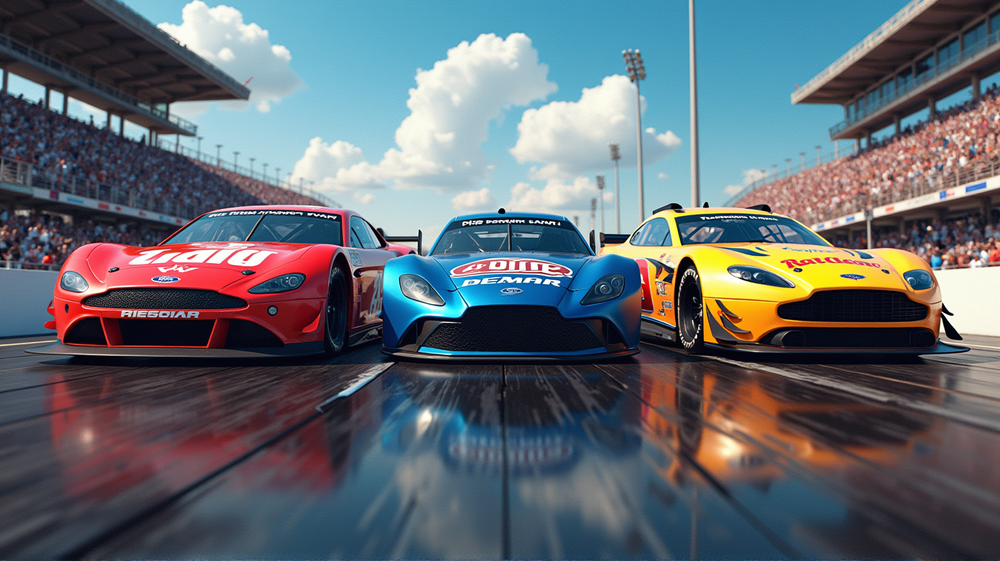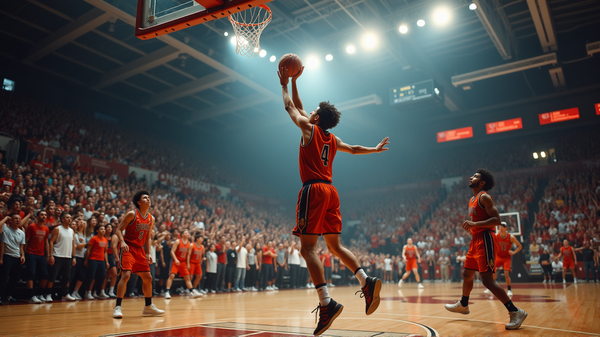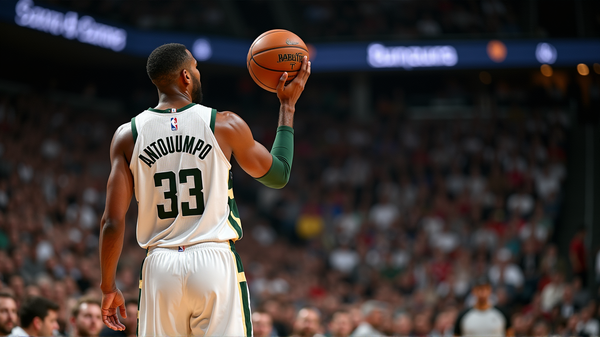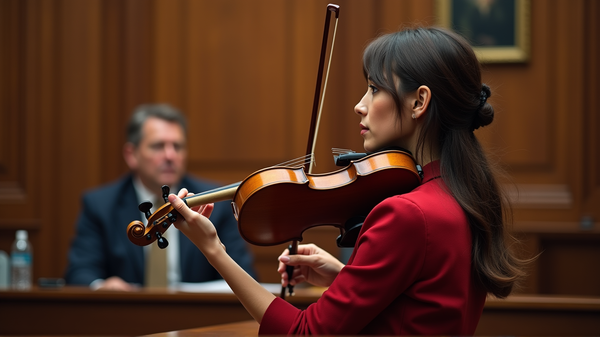NASCAR's Vintage Spirit in Jeopardy: Hamlin Reveals Sponsorship Strain
In recent discussions surrounding NASCAR’s revered Throwback Weekend held at Darlington Raceway, veteran driver Denny Hamlin has shed significant light on the realities that restrict teams from fully embracing this beloved tradition. The weekend, known for celebrating racing history through vintage car liveries, now faces a poignant challenge.
Sponsorship vs. Tradition
Denny Hamlin’s revelation comes amidst growing concerns that financial factors are overpowering the nostalgic celebrations. In a heartfelt episode of his podcast, Actions Detrimental, Hamlin candidly addressed the pressures from sponsors that dictate team decisions. He said, “The world has changed… When you’ve got sponsors on the car for three-four races, they’re not going to change their brand for one of them.”
As stated in The SportsRush, Hamlin’s insights underline the difficulty teams face in aligning sponsor expectations with the traditional essence of NASCAR. This year, many teams, including Kyle Busch’s, opted out of retro schemes due to these commercial commitments.
Commercial Landscape: A Necessary Compromise
Brad Keselowski, co-owner of RFK Racing, echoed Hamlin’s sentiments by sharing the complications involved in negotiating with sponsors for themed liveries. He detailed how their car, adorned in Castrol’s colors, missed out on engaging in the throwback tradition this season, highlighting the intricate balance of business and sport.
Keselowski remains optimistic about future opportunities, expressing hope that adjustments might allow teams to participate in the celebrations without compromising sponsor interests.
The Changing Face of NASCAR
In a sport where sponsorships are integral to both survival and success, the constraints placed by sponsor deals are increasingly visible. Despite the challenges, the drivers acknowledge the necessity of these relationships and the limitations they bring.
Denny Hamlin’s reflections have opened an important dialogue about the evolution of NASCAR’s traditions, inviting fans and stakeholders alike to ponder the balance between honoring the past and navigating the commercial realities of today’s racing world.
Perhaps, as the sport moves forward, it will find a way to harmonize these dynamics, breathing new life into cherished events like Throwback Weekend, all without losing the nostalgic heart that fans so adore.




